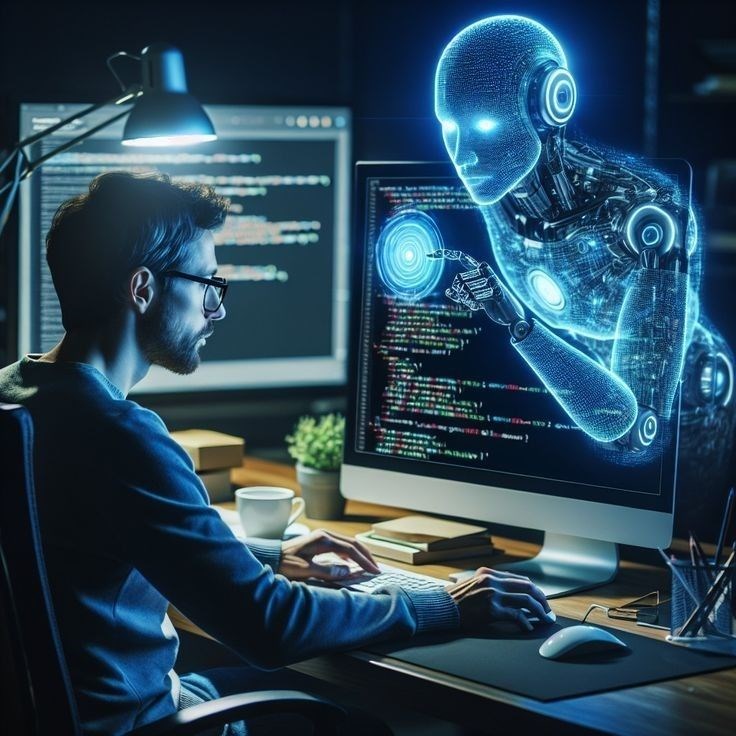Generative AI tools such as ChatGPT shake creative markets, but create various ethical questions. They include IP-related issues, job loss possibility, misleading information, prejudice, and originality of creations by AI. These aids raise the effectiveness of the activity while questioning conventional aesthetic and creative standards, which in turn, require proper legal and ethical oversight.
One of the key risks that can be highlighted is the violation of intellectual property rights. AI-generated content makes use of extensive data, which leads to concerns over originality and intellectual property. In case these AI models are trained by using content created by individuals and firms that these training did not seek permission to use, then the rights of the creators of such content are violated. This has some legal and ethical issues on who owns the content created by the AI and whether artists should be paid for the content generated by the AI.
Job displacement is another important factor that needs to be discussed. With advanced AI today, repetitive work that was once carried out by artists, authors, designers, composers, and musicians among other artists is done by the system. This equally leads to questions regarding the job security and demeaning of human input in the artistic processes. Although AI can help creators, the latter can hurt the demand for highly qualified employees.

Bias and misinformation are also some of the ethical challenges that may be encountered. Another problem with the AI systems is that they probably contain axiomatic or prejudice coming from the training data they were trained on. Conversely, misinformation created by an AI system is also uninhibited and could achieve widespread distribution in a short period, so much so that one cannot easily differentiate between real and fake news. In this case, the generation of information by artificial intelligence must be closely controlled and responsibly done.
Lastly, Creativity in modified products is an issue of authenticity in creative industries. Many works created by artificial intelligence can still not be inspired by human feelings as well as points of view. This is because audiences might fail to tell the difference between an input made by an AI and human input and therefore; trust in creative works shall be eroded. That is why ethical principles must be set to maintain creativity regulated by artificial intelligence as a supplement to human talent in creative industries.
Conclusion
The future of generative AI in creative professions has become increasingly problematic as ethical issues arise. Owing to issues in IP, employment loss, prejudice, fake news circulation, and counterfeit products, there emerges the need for an elaborate policy. Nonetheless, advanced technologies in various fields seem to also timely boost creativity and they should be applied cautiously. Balancing between innovation and ethical practice ensures that the artistry is upheld as well as curbing malicious intents from using creativity to harm human beings.